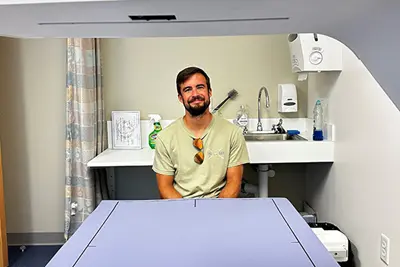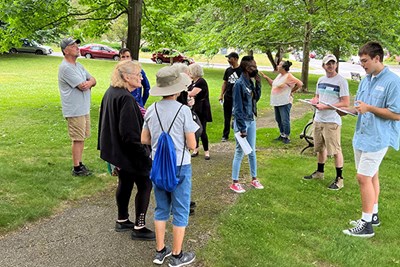
The UMass Lowell Center for Population Health (UML-CPH) researchers work with our community partners to understand how much disease exists and the causes of these diseases. As we learn together, we support community leaders to design structures and programs to make long-lasting changes for better quality of life.







